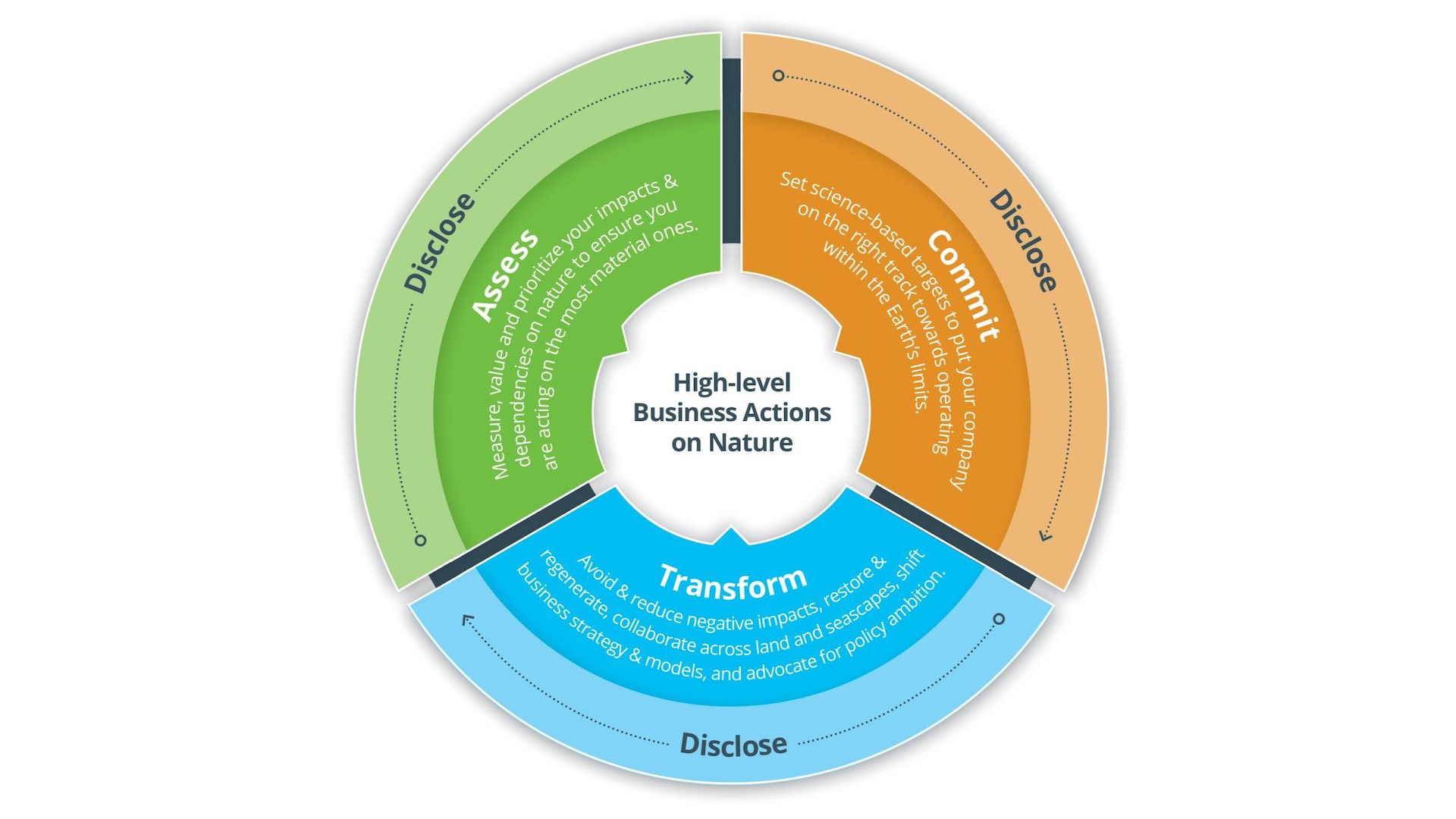5 Ways To Use AI For Supporting Financial Services Compliance
Considering the financial industry’s constantly changing regulations, frameworks, and policies: traditional risk analysis is simply unable to handle the sheer enormity of data that is being created each second. The data overdrive has surely found its way into financial services as well. Companies must adjust their compliance strategies swiftly to ensure conformity. To that end, Artificial Intelligence (AI) has proven more than capable of ensuring compliance norms for financial services and dealing with regulatory compliance programs more effectively. Notably, AI can easily detect and manage risks from vast data pools.
AI is practical and can automate data collection, consumption, and analysis. It provides unmatched compliance support by reducing administrative tasks, augmenting monitoring, and improving decision-making. All in all, AI is a game-changer for managing compliance in the financial services sector. Let’s see how.
1. Reduces False Positives
Financial institutions experience false positives in large volumes through rule-based conventional compliance systems. The high percentage of false positive rates indicates that something is wrong with traditional compliance processes. An AI-based compliance program reviews these false alarms and saves valuable time and resources that finance companies otherwise waste on conducting unnecessary investigations.
AI compliance support captures, extracts, and analyzes multiple vital elements that help streamline alert systems to perfection, thereby addressing the issue of false positives. Consequently, AI can improve compliance efficiency and minimize costs through a data-driven compliance system.
2. Mitigates Human Error
Several factors might lead to errors when it comes to financial services, including obsolete technologies, negligence, and ineffective processing. Irrespective of the cause, human errors cost the industry millions (if not billions) each year. Moreover, the changing local and global regulations require financial companies to continuously manage, track and analyze information about operational activities, customers, and transactions. This further increases the risk of human error.
As part of a technology-driven compliance support strategy, AI proves valuable in reducing the risks and after-effects of human error. AI applications can identify reasonable mistakes, blind spots, and other variables that human minds might not necessarily detect.
3. Reduces Cost
As mentioned before, financial services must adapt to changing regulations, most of which involve managing and analyzing big data. Risk, governance, and compliance costs consume a significant part of financial institutions’ everyday expenses. AI applications can automate complex compliance processes that previously relied on human work. This significantly increases efficiency and lowers compliance costs along with enhanced accuracy. So effective AI implementation can save a financial services company millions in routine compliance expenses.
4. Supports Management of Regulatory Changes
Financial services companies must combine data from various regulatory documents to manage the latest changes successfully. They need appropriate adjustments that are possible only after studying different business areas with various after-effects. For instance, when a company restructures an asset portfolio based on regulatory changes, it will affect each asset, potentially leading to imperative portfolio adjustments.
Automating the management of regulatory changes is a lucrative use case of AI. When the regulations change, such effects commonly occur due to repetitive tasks and multiple documents. That is when AI technologies like Intelligent Process Automation (IPA) and Natural Language Processing (NLP) are useful in meeting different compliance requirements. The major issues in financial services firms, including hefty non-compliance fines, can be easily addressed with the successful implementation of AI.
5. Optimizes Human Resources
Financial services companies need to produce multiple reports for different market authorities each year. Rather than manually performing all these tasks in a cycle, compliance support teams adopt AI and IPA to spare time for error resolution, exception-based handling, non-compliance, and inconsistencies. Regular jobs with value-added benefits can also improve with compliance services, such as process and oversight management.
Financial institutions can benefit a lot by automating their compliance programs through AI. Data-based systems make for comprehensive auditing, proper documentation, and early detection of fraud. Third-party auditing programs disrupt regular operations when employees need to leave their desks to explain entries or provide missing information. With the right AI software, information collected in a system will be error-free, accurate, and immediately understandable.
As financial services companies increase their compliance and vigilance, fraudsters also alter their behavior to work under detection limits. Without appropriate analysis, criminal activities can go undetected and cause significant harm. This is where AI proves itself superior to human caliber. It analyzes vast amounts of data in seconds and picks suspicious transactions with minimal false positives. Although there is no one-size-fits-all solution to compliance challenges in the financial sector, well-implemented AI applications can certainly improve any financial firm’s compliance program.
Read Also: What Are The Three Types Of Venture Capital Solutions?











